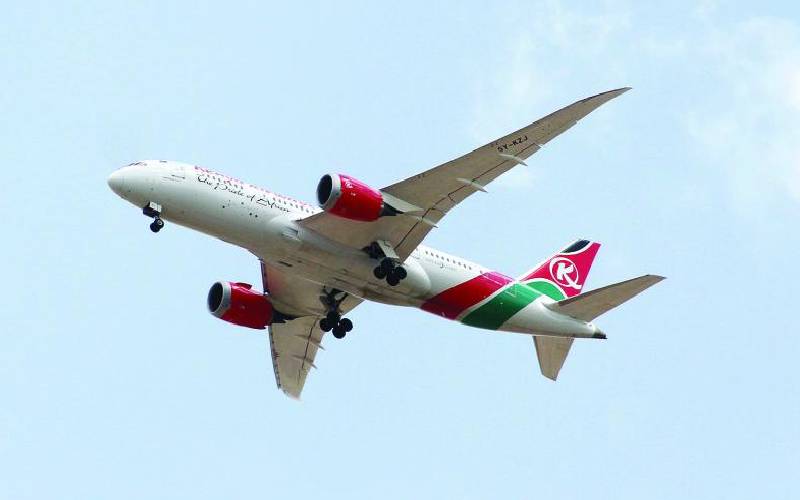×
The Standard e-Paper
Home To Bold Columnists

Nationalisation of key entities has been tested, tried and found wanting. This will, however, not deter the government from taking over Kenya Airways (KQ), whose re-nationalisation is almost a done deal.
It is only awaiting formal procedures.